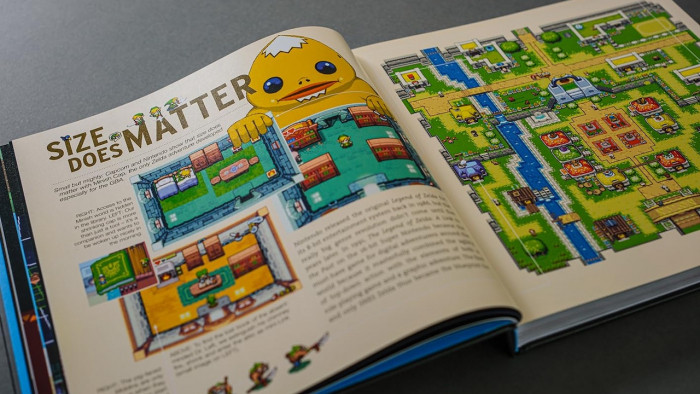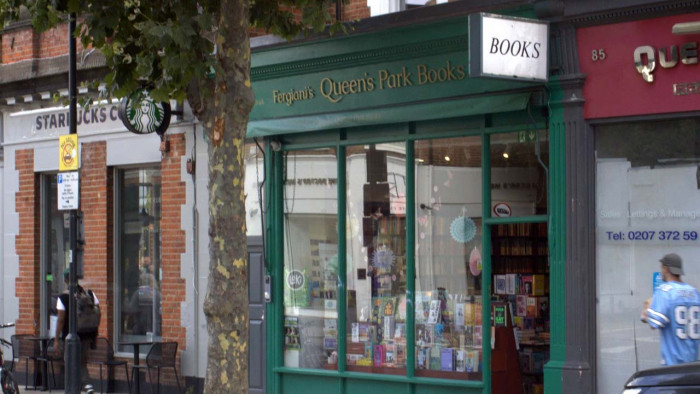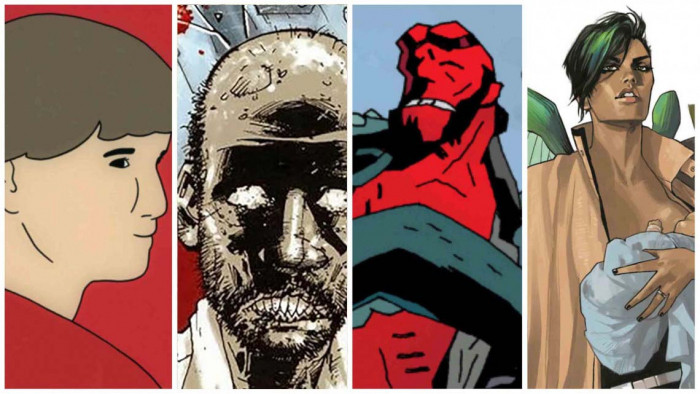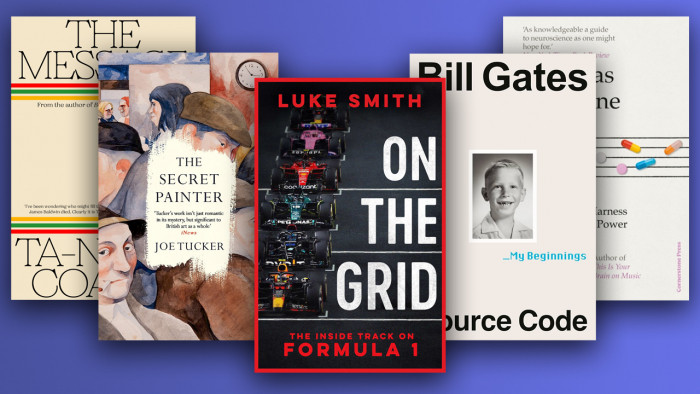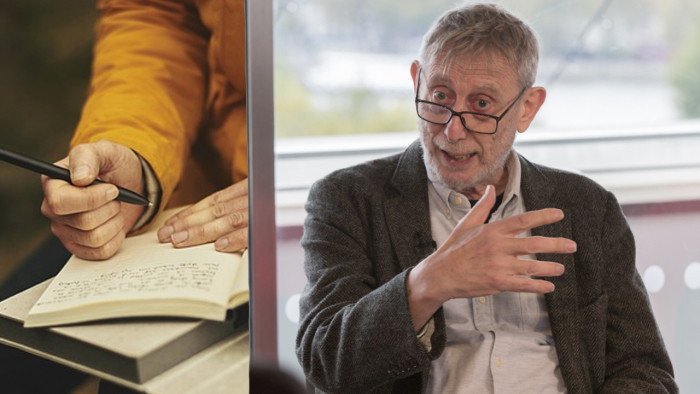Still think Daredevil is a joke? Think again. Louise Donovan goes behind the scenes on Netflix’s bone-cracking new superhero series
For a man who makes his living in the ordered world of the law, Matt Murdock’s eighth-floor loft apartment is a complete mess. Hidden away in a hellish Hell’s Kitchen high-rise, in one respect, the blind public defender’s place is everything you’d expect: stark walls, no pictures and none of the clutter littering our own homes. But there’s also (to put it kindly) crap everywhere: an old, yellowing armchair appears to be missing its fourth leg, caution tape drapes off the banister and, most alarmingly, an entire chunk is absent from the bottom stair. It quickly becomes evident to all of us standing in the middle of this downtown Brooklyn set, something is a little off.
“Things are pretty busted,” agrees production manager Loren Weeks, confirmer of unvoiced thoughts and the man responsible for making the mess on Marvel’s first TV venture Daredevil look convincing. The chaos, it turns out, plays an important part in the eighth episode: “We had a fight in here recently, so the place is destroyed,” before adding “but I can’t tell you why” in that typically mysterious Marvel manner. “We started shooting before we finished this set and when I met our stunt coordinator I told him: ‘Don’t worry, I’ve reinforced and anchored the trusses because I heard there was going to be a fight.’ His eyes lit up when I told them that.”
If all-but cementing the roof in preparation for a scrap seems a little extreme, you’ll have a job adjusting to the world of Daredevil, Netflix-style. Despite even tiny plot details being protected with FBI levels of secrecy, the first glimpses of Murdock as the lawyer-cum-crime-fighting Daredevil on the small screen aren’t pretty – brutally violent fight scenes, eyeballs impaled on spikes and blood splatters Quentin Tarantino would be proud of. One thing’s for sure, the latest stab at Daredevil is shrouded in Christopher Nolan-levels of vigilante grimness.
RECLAIMING THE NAME
Even if you’re no comic-book aficionado, Daredevil no doubt gives you terrifying flashbacks to Ben Affleck in red leather. There have been dozens of takes on the blind Marvel character who lost his sight in a chemical spill, but the much-maligned 2003 film was a complete flop. At the peak of his career, Affleck’s performance was described by critics as “dull” at best, “depressingly average” at worst and knocked Daredevil’s status as a superhero into the realms of embarrassing. No pressure, Netflix.
“I don’t think [the Daredevil film] works brilliantly,” says British actor Charlie Cox (last seen in The Theory Of Everything), somewhat diplomatically, as he’ll be playing the latest Murdock reincarnation. “It’s just a very particular takeon things. It’s not anyone’s fault.”
Perhaps it was a good idea, then, that Cox watched the film after he bagged the role, but much of the new cast was also pointedly uninterested. Vincent D’Onofrio, playing crime lord Wilson Fisk (AKA The Kingpin), has yet to hit play (“Maybe I’ll watch it sometime”), while Elden Henson (the mute fella in Mockingjay) ignored the film and based Murdock’s crime-fighting partner, Foggy Nelson, on a family friend.
Still, with this yardstick on how not to do Daredevil, Netflix has embarked on its own distinct, albeit grittier, version. “We pay homage to the mythology, but
we reinterpret it ourselves,” says Weeks. So diehard fans, for instance, will instantly recognise Daredevil villain Melvin Potter (AKA Gladiator), best known for building costumes in the comics. But in Netflix’s version, (played by Matt Gerald), however, he’ll be more of a machinist and tinkerer. The same applies to the modern day description of New York area Hell’s Kitchen. “This is still a very rough and impoverished neighbourhood,” explains Weeks. “We didn’t want to be too literal with the real. It is the Marvel universe, after all.”

CRAZY KINGPINS
He’s certainly not wrong. Gone are Kingpin’s big white suits and monster cigars, replaced with a murky darkness much closer to the show’s Frank Miller-era source material. Part of this comes down to the revolutionary Netflix business model: we all know it’s the sole reason your TV licence is quietly gathering dust in some far distant corner. But its 13-episode drop brings a whole new addition to the limited structure of cram-it-all-in superhero franchises: freedom.
“Movies are two hours long – you set it up, go in and get out,” explains showrunner Steven S DeKnight, best known for his work on Spartacus. “This is very Marvel, in its size and scope. But because it’s a television show, and because it’s going on for 13 hours, you’ll get to know the characters in a way you’ve never known any of them before.”
The show’s appeal also lies in characters you can’t help but feverishly swap sides over: do you love Fisk because he (like many men) turns into an awkward mess when speaking to women he likes, or despise him because he later decapitates someone with a car door when it all goes wrong? Fisk is as comfortable in an art gallery as he is covered in blood, and it’s terrifying. “There’s no end to what makes him who he is,” explains D’Onofrio, who looks like he’s been plucked straight from legendary Daredevil writer David Mazzucchelli’s pages. “In two sentences, Fisk can move from a child into a monster.”
This subtle writing also makes our superhero a hell of a lot more interesting to watch. It’s not often you see the leading man gleefully push a thug off a rooftop, leaving him in a coma. And it’s a lot of fun. Do we finally have a small-screen antidote to some of TV’s more angelic superheroes? “There’s definitely something more human about him,” agrees Cox. “I think people will relate to that. As the season progresses he becomes more torn between what he thinks is the right thing to do and what isn’t. We see him begin to fall apart at the seams.”
BLIND FURY
For someone who read only The Beano as a child, it came as a shock to Cox when he learned that this role needed a little extra research. “It was funny, as there was no script. The character description list was 15 words long – charming, charismatic, energetic, funny – but it didn’t mention ‘blind’. I wasn’t familiar with the comics, so I had to look him up and email my agent, saying, ‘Is he blind? Should I be playing this blind?’”
Once he got the part, of course, reality set in; convincingly playing someone with no sight “has been tricky”. To get it right, Cox worked with a man named Joe who’s been blind for 20 years, and was particularly helpful because he had an experience of sight, and lost it at age 19. “We practised doing everyday things you wouldn’t necessarily think about, like making a cup of tea. He tells me if I’m walking with my cane right based on the sound, which is fascinating. One day he stopped me and said, ‘Hang on a second, you’re about to walk into a wall.’ He was behind me, I took my blindfold off and saw that the pavement had taken a bend. Joe describes it as echolocation – we were talking, and the way my voice was bouncing let him know.”
So no superpowers, no flying and certainly no billionaire bank rolling – just next-level heightened senses (Murdock can tell if you’re lying by listening to your heartbeat). But herein might just be Daredevil’s winning formula. This guy isn’t your all-star US hero. Sure, he’s been trained by a ninja, but at heart he’s a street-level guy simply interested in saving his neighbourhood as best he can. He’s almost like one of us.
“Murdock’s physical abilities are superb, but we try to limit them to what a human can do,” says Weeks. “We’re more The Wire than other Marvel movies. It’s not the stuff you see in Agents Of SHIELD, it’s the stuff you see every day. He does flips, but not triple ones.”
It’s a step closer than Superman, anyway. And with Daredevil being the first of four Marvel shows (the others are AKA Jessica Jones, Iron Fist and Luke Cage) due to hit our screens, before all the characters come together for mini-series The Defenders, it’s safe to say we’ll be gorging on leftfield comic-book adaptations for the foreseeable future. Forget Arrow, The Flash, Gotham and any other fledgling superhero you’ve pegged above this underdog: Daredevil just got seriously cool.
Daredevil starts on Netflix on 10 April
(Images: Netflix)



